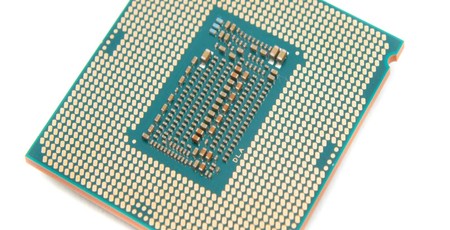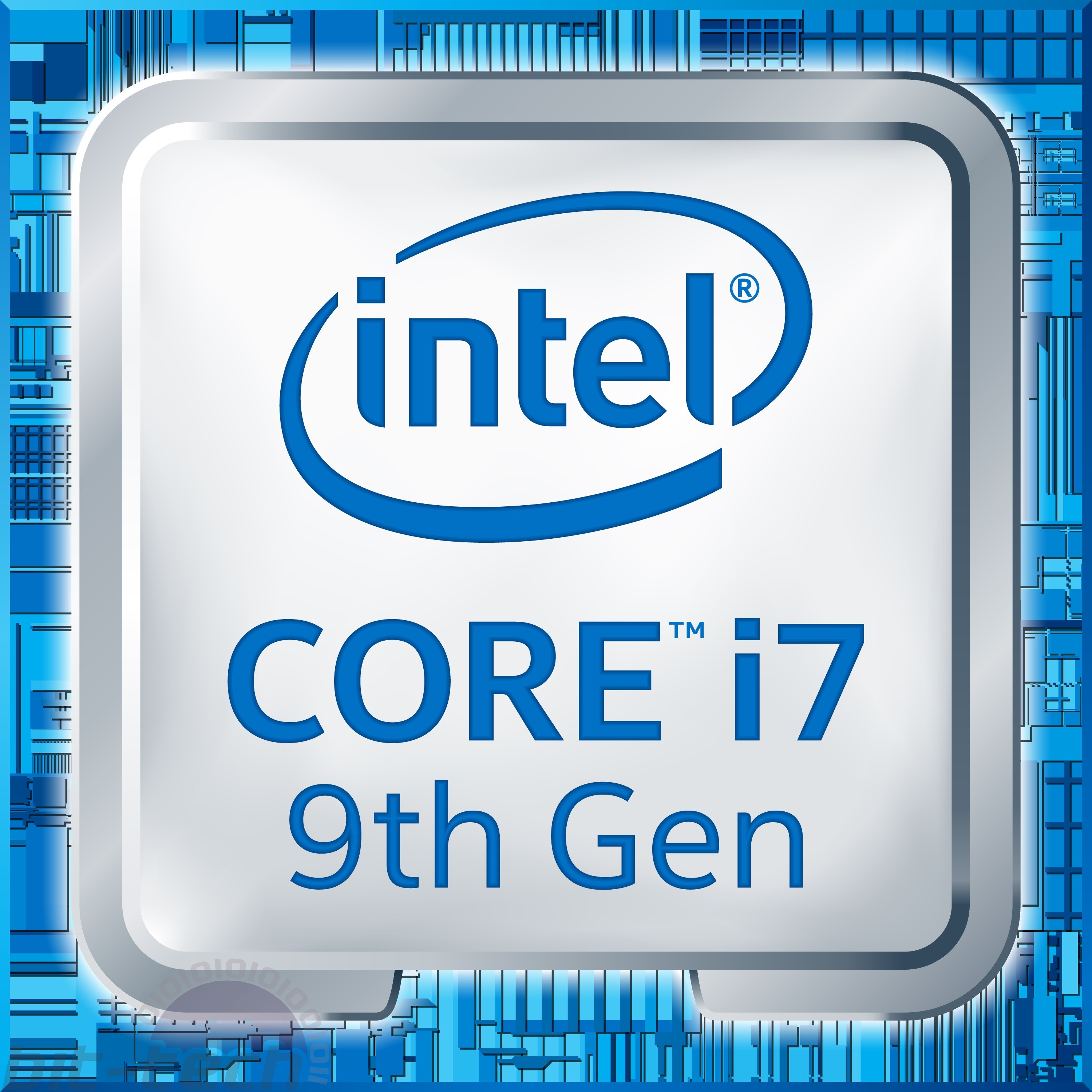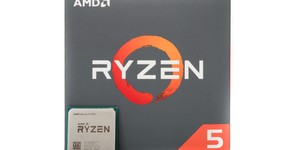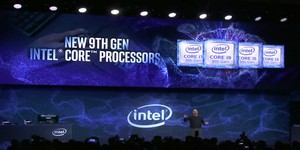
Overclocking
While the new K-series CPUs sport a larger die than their eighth-generation siblings, 5GHz still seems to be the goal for those we've tested so far. Our Core i9-9900K managed 5GHz, but we actually managed 5.1GHz with the Core i7-9700K, although we did need to pump 1.36V to get there, and this put temperatures above 90 degrees Celsius despite the use of solder.
Still, with all-core boosts of 4.6GHz and 4.7GHz respectively for the Core i7-9700K and Core i9-9900K respectively, it's still worth it in terms of multi-threaded performance, and with a maximum frequency of 4.9GHz, it's probably worth it in terms of lightly-threaded performance with the Core i7-9700K too, whereas we saw no gain with the Core i9-9900K, instead matching its maximum boost of 5GHz.
Performance Analysis
It was fascinating to see just how much of an impact Hyper-Threading can make, and Cinebench was quite telling. The Core i7-9700K was less than 100 points ahead of the Core i7-8700K, meaning that a worthy upgrade it is not. The eight additional threads of the Ryzen 7 2700X were enough for the AMD CPU to see off the challenge from the Core i7-9700K too. In fact, even the Ryzen 7 2700 was able to better it.

HandBrake was a little more interesting, as the Core i7-9700K was noticeably quicker than the Core i7-8700K and Ryzen 7 2700X, but again, it took a 5.1GHz overclock to better the Ryzen 7 2700X, which was quicker at stock speed. Yet again, though, the Core i9-9900K was in a different league, especially at stock speed. Games saw the Core i9-9900K and Core i7-9700K trade places largely thanks to some preferring the higher cache per core or additional threads of the former, or the higher overclock we achieved with the latter, but it was a close call between the two everywhere except 3DMark Time Spy, which seems to rank CPUs in terms of thread counts and frequency.
Conclusion
Ultimately, despite offing more cores this time round, the Core i7-9700K struggles to find its place amongst an increasingly crowded CPU market with previous generation CPUs still in the mix from both parties. Its lack of Hyper-Threading means that it doesn't have the multi-threaded clout of the Core i9-9900K, which betters every other mainstream CPU by a long way and even gives some HEDT CPUs a run for their money. Intel also has a huge gap between the Core i5-9600K and the Core i7-9700K too, both in terms of price and, to a lesser extent, performance.
You almost get the feeling the Core i7-9700K is simply there to fill a gap rather than aimed at beating any particular CPU, but the Core i5-9600K isn't particularly drool-worthy either. If we were Intel, we'd have four, six and eight-core K-series CPUs all with Hyper-Threading; instead, the 9th Gen Core i5 and Core i7 both lack it and don't fare particularly well, while the Core i9-9900K is stunning across the board (if you can afford it), and the Core i7-8700K is also still worth considering.
In terms of lightly-threaded performance, its predecessor, the Core i7-8700K is nearly as fast in most benchmarks and cheaper, while with fast memory the Ryzen 7 2700X only lags behind in a few games such as Far Cry, with others like Deus Ex showing a much smaller gap. The AMD CPU also offers superior multi-threaded performance and for a significantly smaller price tag. As a result, if content creation and multi-threaded performance are important, both the Ryzen 7 2700X and Core i9-9900K are much better options, with the latter being more appealing if you need the best of both worlds.

MSI MPG Velox 100R Chassis Review
October 14 2021 | 15:04








Want to comment? Please log in.